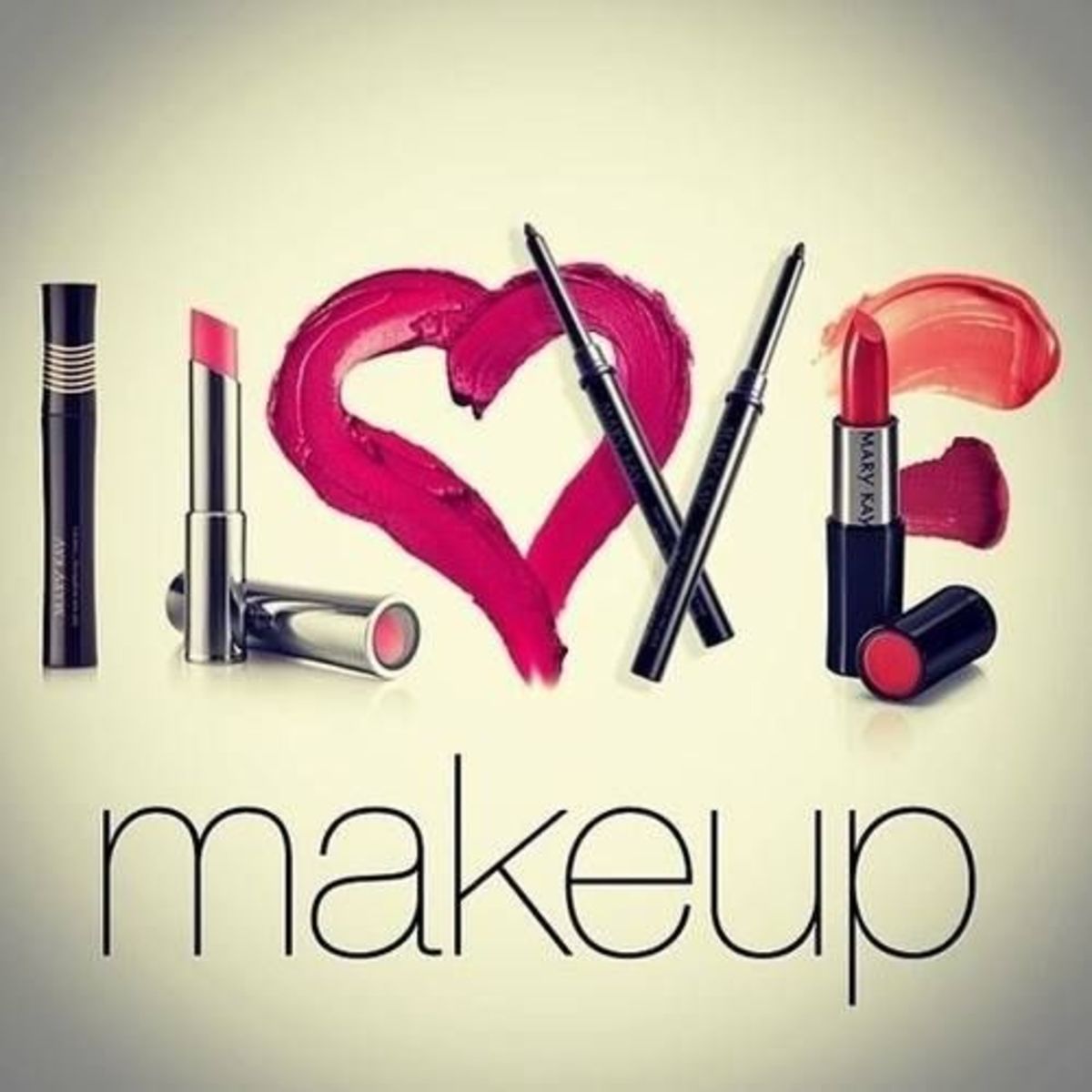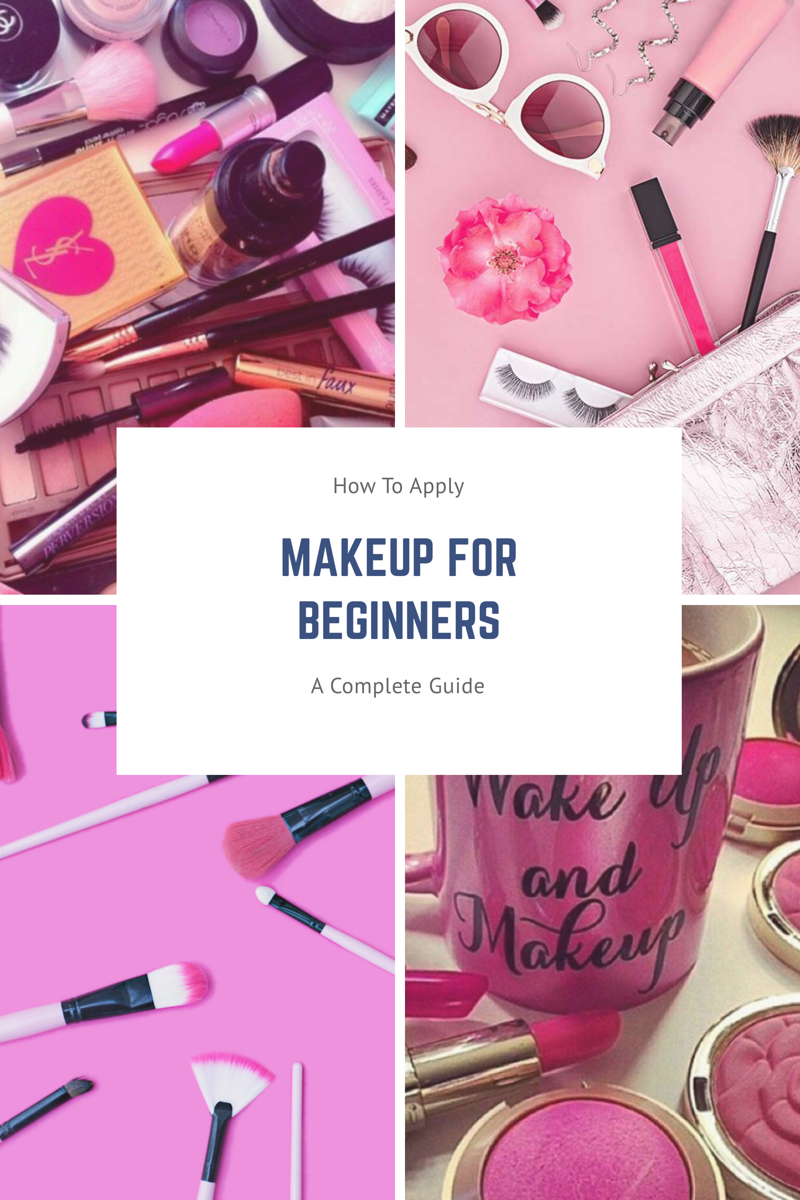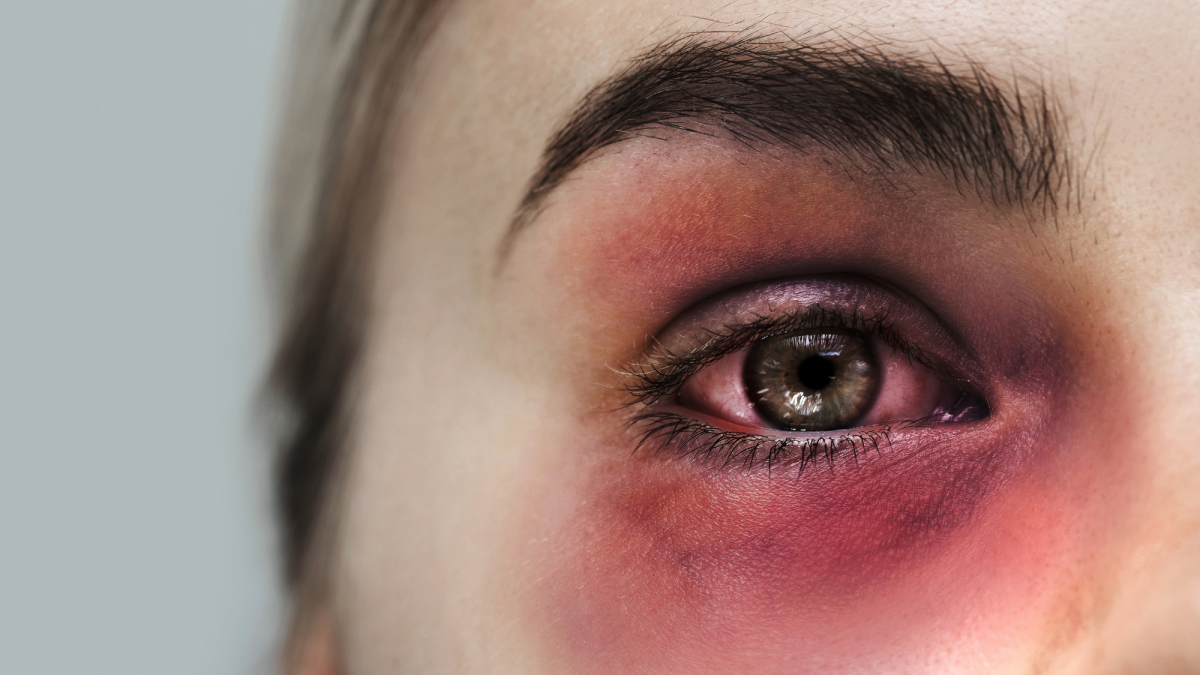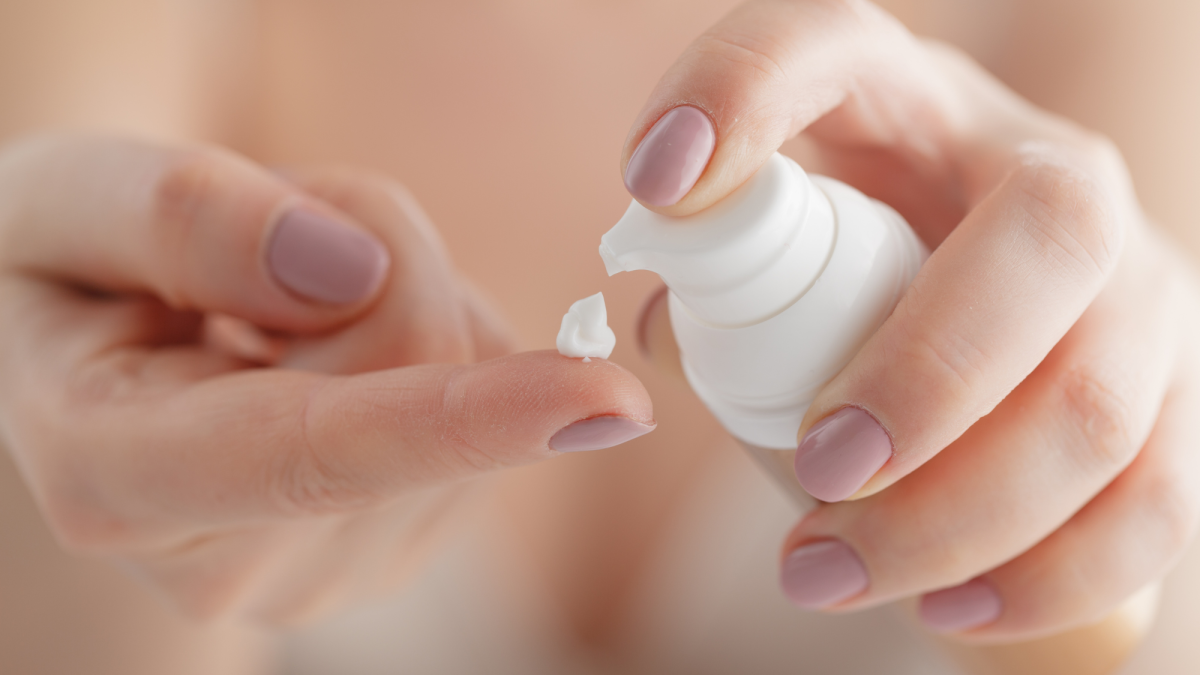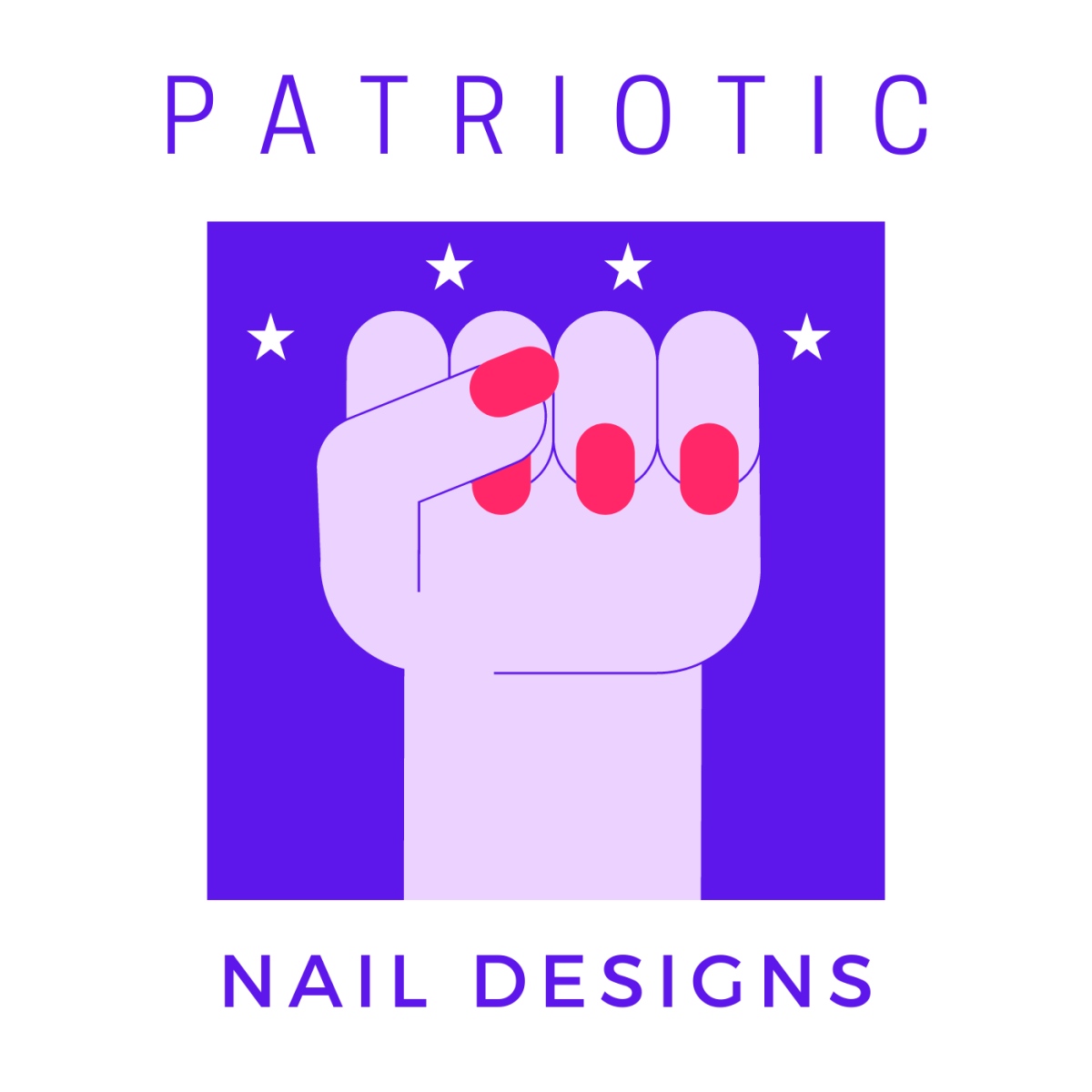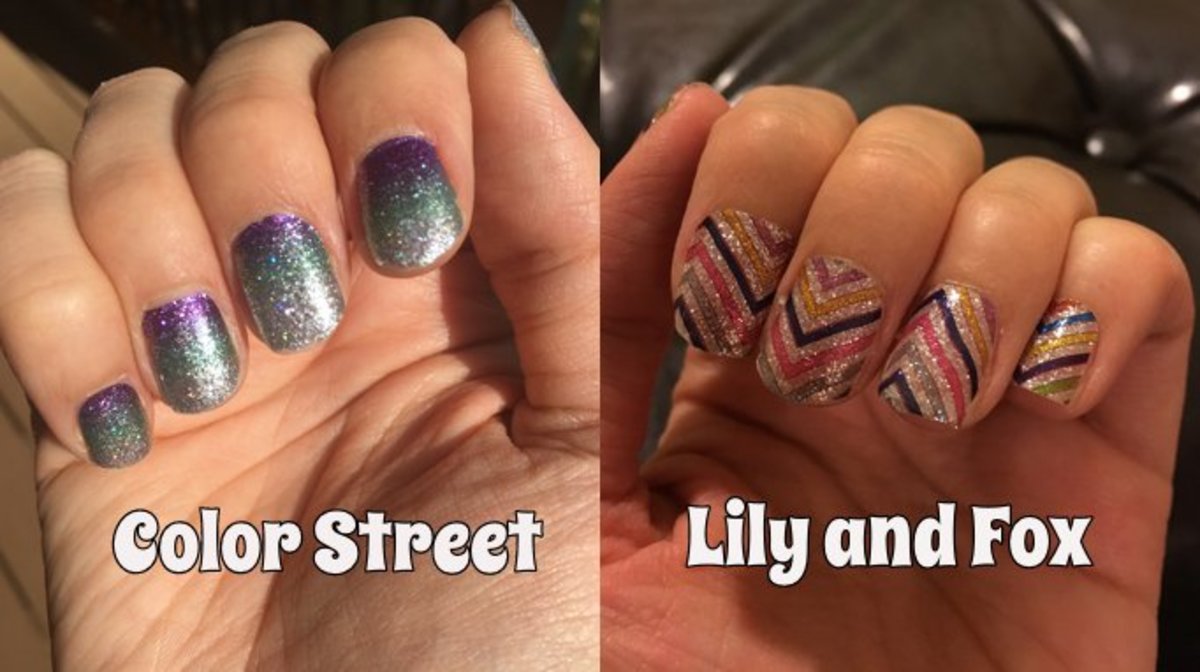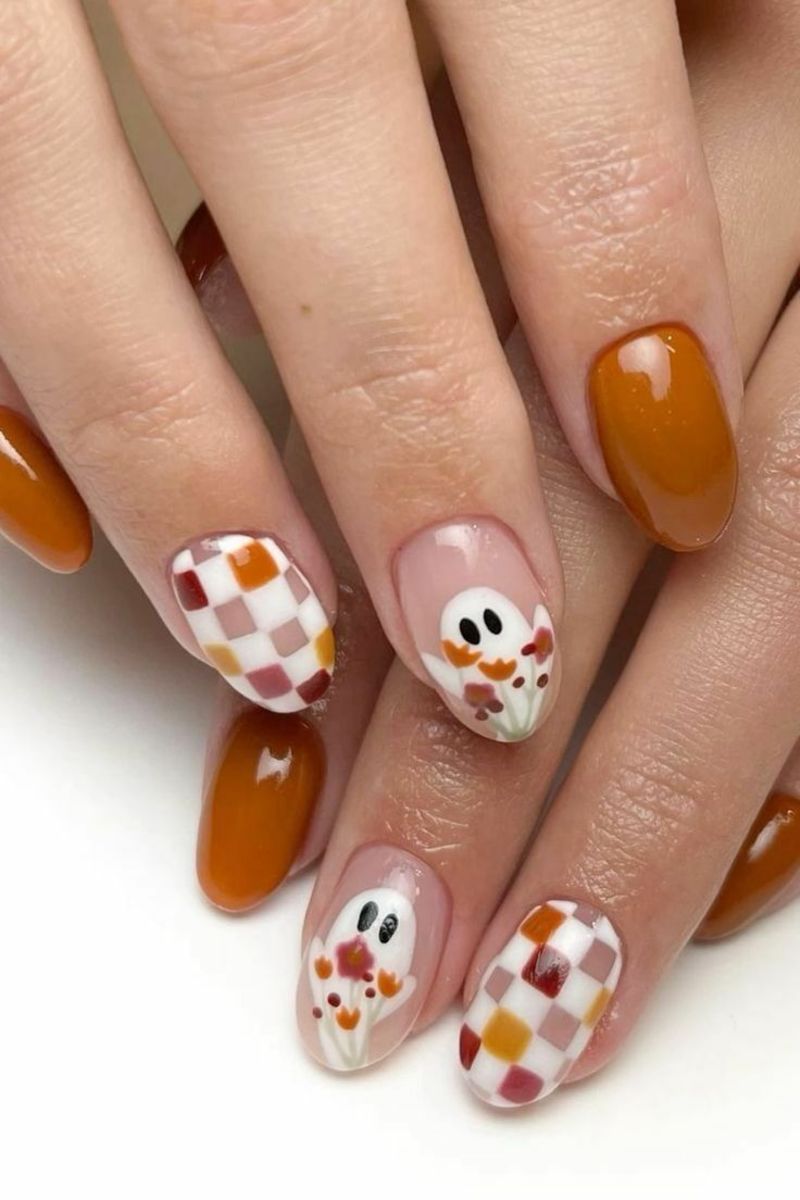How To Use Primer | Makeup Tutorials & Recommendations
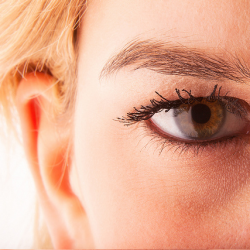
Introduction to Face Primers & How To Apply Them
Primer is a gel or cream you apply to your face after moisturizing (but before you apply your foundation) in order to smooth over pores, scars and uneven skin. It's a very handy beauty product, especially for frequent users of foundation, as primer provides a fantastic base for it.
At the moment, primer is not considered a vital part of the make-up routine, although its popularity is increasing year on year. I want to use this page to talk about the major advantages that primer offers, especially to people with large pores, oily skin or wrinkles. Find out why the makeup experts can't live without it!
I hope you find the information useful :)
Reasons To Wear Face Primer
What Is Primer & What Does It Do?
Compared to most make-up products on the market, primers are a relatively new creation and a lot of people either haven't heard of it or are unsure about how it's used or indeed what it's for. So I'm just going to explain a little bit about it, because I think it has excellent advantages:
Primer basically prepares your skin for the application of make-up - specifically foundation. Forgive the inelegant simile but it works a bit like when you have to plaster up cracks in a wall and smooth it over before painting it :)
Primer is applied after you have put moisturizer on your face in the last step of your daily skincare routine. Leave the moisturizer to absorb properly for at least 10-15 minutes before you apply the primer. I apply primer just with my fingers which seems to be the most popular way (just make sure you wash your hands before you do this), although you can also apply it with a brush. A foundation brush would work. You only need a small pea- or dime-sized blob of primer for your whole face so even though it's on the pricey side to buy usually, it does last a long time. Be careful to not add too much, otherwise your face will feel oily.
Primer sits on the skin rather than being absorbed into it, and it creates a water repellent barrier between the skin and your foundation. If you like a natural look or don't wear foundation much, some people just wear primer on its own because it minimizes the look of wrinkles and pores, controls shine and creates a more even complexion and smooth skin.
The primary use for primer, however, is to act as a smooth base under your foundation so that your makeup glides on really easily. Primer transforms the skin into a smooth surface by glossing over pores, scars, wrinkles and any uneven textures, so is a must-use if you are searching for the elusive 'flawless skin' look. With regards to foundation, primer allows less foundation to be used because the primer layer prevents it from sinking into large pores or imperfections as it would do normally, and any lumps and bumps are already smoothed over. Perfect if you have a problem with your foundation looking 'cakey'. Plus primer protects foundation from sweat and gives it something to hold onto, meaning that foundation stays put on your face much longer too. Another added advantage is that many primers now contain all kinds of vitamins and caring products for your skin.
I personally love how silky my primer makes my face feel (seriously you've got to try it!) - and this silkiness is down to the silicone content . These days soooo many make-up products contain silicone - seriously it's everywhere! - because it has so many great properties. It's FDA approved, it repels moisture rather than absorbing it, and is especially good at helping make-up stay on the skin for longer. However, you may read that some people steer away from silicone based primers due to finding them flaky or having an adverse reaction to them. My personal recommendation is to buy a small container of silicone based primer and see how you get on with it as they are very widespread and popular, and I personally really like them. Then if you decide you don't like them or they irritate your skin you can try a primer without silicone in.
I think everyone should at least try a primer, especially those with sensitive or oily skin (I have oily skin myself) as these are the skin types that would most benefit from using a primer - especially as people with oily skin more often have a problem with shine and with make-up not staying on the face as long as it should. Oil-free silicone-based primers are ideal for using on oily skin.
To choose a primer best suited to you, I would say have a look at the best rated options on the web and research any promising choices to see if anyone has written an online review for it. If you can't see online what kind of skin the primers are suited to, go to your local chemists/beauty and skincare shop and have a look at the bottles and ask for advice. Pick your favourite and buy the smallest container of your chosen primer so that if it turns out to be wrong for you, it's less of a waste of money! The good news is that nearly all primers are clear so you don't even need to match up the correct shade. A few primers do have a tint though, sometimes in a color that may seem rather odd - like green or blue - as these are designed to counteract skin redness.
Most primers are general face primers for aiding the application of foundation, however there are also various primers that are focussed more specifically on points such as wrinkles or reducing shine, so once you get started with your first primer you can then start thinking about experimenting with other brands and specialist primers.
I hope this information has helped!
Smashbox Photo Finish - My Personal Favorite

Video Lessons On How To Apply Primer
An Unusual Option For Face Primer - A Budget-Friendly Beauty Secret!



